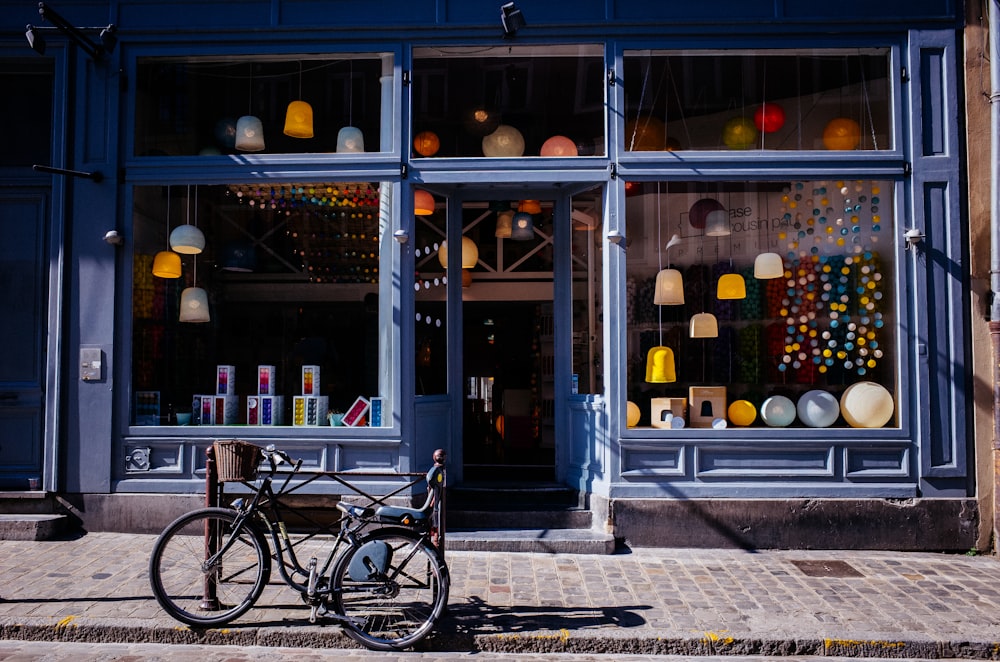Will Online Stores Replace Brick-and-Mortar Shops?

In recent years, the retail landscape has undergone a dramatic transformation with the rise of e-commerce. Online stores have become increasingly popular, offering convenience, variety, and competitive prices. This begs the question: will online stores eventually replace traditional brick-and-mortar shops? In this article, we'll delve into the various factors influencing the future of retail and explore whether physical stores are facing extinction in the era of digital commerce.
- Convenience and Accessibility:
- One of the key advantages of online stores is their unparalleled convenience. With just a few clicks, consumers can browse through a vast array of products from the comfort of their own homes. This convenience factor has led to a significant shift in consumer behavior, with more people opting to shop online rather than visit physical stores. Additionally, the accessibility of online shopping has expanded opportunities for individuals who may have difficulty accessing traditional retail outlets due to geographical constraints or physical disabilities.
- Cost Considerations:
- From a cost perspective, online stores often have lower overhead expenses compared to brick-and-mortar shops. They don't have to worry about rent, utilities, or maintaining a physical storefront. This enables online retailers to offer competitive prices and discounts, attracting price-conscious consumers. Furthermore, the rise of dropshipping and digital storefronts has made it easier for entrepreneurs to start their own online businesses with minimal upfront investment, further intensifying competition in the e-commerce space.
- Personalized Shopping Experience:
- While online stores excel in convenience and cost-effectiveness, they may lack the personalized touch offered by traditional retail stores. In a physical store, customers can interact with knowledgeable sales staff, touch and feel products before making a purchase, and enjoy a sense of immediacy that online shopping can't always replicate. Some consumers still prefer the tactile experience of shopping in person, especially when it comes to certain product categories like clothing, cosmetics, or furniture.
- Omnichannel Retailing:
- The future of retail may lie in a hybrid model known as omnichannel retailing, which seamlessly integrates both online and offline channels. Many traditional retailers have recognized the importance of establishing a strong online presence to complement their physical stores. By offering services such as click-and-collect, in-store pickup, or same-day delivery, these retailers aim to provide customers with the best of both worlds – the convenience of online shopping combined with the tactile experience of shopping in person.
- Evolving Consumer Preferences:
- Ultimately, the future of retail hinges on evolving consumer preferences and behaviors. While online shopping continues to grow in popularity, there will always be a segment of the population that prefers the sensory experience of visiting physical stores. Retailers must adapt to changing consumer trends and invest in technologies that enhance the shopping experience across all channels. Whether it's virtual reality fitting rooms, augmented reality product demonstrations, or AI-powered personalized recommendations, the key is to create seamless and engaging shopping experiences that cater to diverse consumer needs.
Conclusion:
In conclusion, while online stores have undoubtedly reshaped the retail landscape, it's unlikely that they will completely replace brick-and-mortar shops. Instead, the future of retail is likely to be characterized by a blend of online and offline channels, with retailers embracing omnichannel strategies to meet the diverse needs of consumers. By leveraging the strengths of both digital and physical retailing, businesses can thrive in an increasingly competitive marketplace and deliver exceptional value to customers. As technology continues to advance and consumer preferences evolve, the retail industry will continue to undergo transformation, but physical stores are likely to remain an integral part of the shopping experience for years to come.









































